Haiti achieved notoriety during the brutal dictatorships of the voodoo physician, Francois "Papa Doc" Duvalier, and his son, Jean-Claude, or "Baby Doc". Tens of thousands of people were killed under their 29-year rule.
Hopes that the election in 1990 of Jean-Bertrand Aristide, a former priest, would herald a brighter future were dashed when he was overthrown by the military a short time later.
Although economic sanctions and US-led military intervention forced a return to constitutional government in 1994, Haiti's fortunes did not pick up, with allegations of electoral irregularities, ongoing extra-judicial killings, torture and brutality.
A bloody rebellion, and pressure from the US and France, forced Mr Aristide out of the country in 2004. Since then, an elected leadership has taken over from an interim government and a UN stabilisation force has been deployed. But Haiti is still plagued by violent confrontations between rival gangs and political groups and the UN has described the human rights situation as "catastrophic".
Meanwhile, Haiti's most serious underlying social problem, the huge wealth gap between the impoverished Creole-speaking black majority and the French-speaking minority, 1% of whom own nearly half the country's wealth, remains unaddressed. Many Haitians seek work and a better life in the US or other Caribbean nations, including the neighbouring Dominican Republic, which is home to hundreds of thousands of Haitian migrants. Furthermore, the infrastructure has all but collapsed and drug trafficking has corrupted the judicial system and the police. Haiti is ill-equipped to deal with the aftermath of tropical storms. Severe deforestation has left it vulnerable to flooding.
Hopes that the election in 1990 of Jean-Bertrand Aristide, a former priest, would herald a brighter future were dashed when he was overthrown by the military a short time later.
Although economic sanctions and US-led military intervention forced a return to constitutional government in 1994, Haiti's fortunes did not pick up, with allegations of electoral irregularities, ongoing extra-judicial killings, torture and brutality.
A bloody rebellion, and pressure from the US and France, forced Mr Aristide out of the country in 2004. Since then, an elected leadership has taken over from an interim government and a UN stabilisation force has been deployed. But Haiti is still plagued by violent confrontations between rival gangs and political groups and the UN has described the human rights situation as "catastrophic".
Meanwhile, Haiti's most serious underlying social problem, the huge wealth gap between the impoverished Creole-speaking black majority and the French-speaking minority, 1% of whom own nearly half the country's wealth, remains unaddressed. Many Haitians seek work and a better life in the US or other Caribbean nations, including the neighbouring Dominican Republic, which is home to hundreds of thousands of Haitian migrants. Furthermore, the infrastructure has all but collapsed and drug trafficking has corrupted the judicial system and the police. Haiti is ill-equipped to deal with the aftermath of tropical storms. Severe deforestation has left it vulnerable to flooding.
With its mountainous scenery and tropical climate, Haiti, which shares the island of Hispaniola with the Dominican Republic, has the basic ingredients of a holiday destination. However, decades of poverty, instability and violence, especially since the 1980s, have all but killed off this prospect and left it as the poorest nation in the Americas.
Under the brutal dictatorships of the voodoo physician, Francois 'Papa Doc' Duvalier, and his son, Jean-Claude, known as 'Baby Doc', political dissent was systematically eradicated and opponents jailed or murdered. When Jean-Bertrand Aristide was elected in 1990, the country's future looked brighter until he was overthrown by the armed forces a short time later.
Although economic sanctions and US-led military intervention forced a return to constitutional government in 1994, Haiti's fortune did not improve, with allegations of electoral irregularities, ongoing torture and brutality. In 2003, a wave of protests against Aristide quickly spread throughout the country plunging Haiti into chaos. By 2004, armed rebels had seized control of many towns and violence spread across the island. In February 2004, Aristide fled the country.
Former president René Préval won presidential elections in 2006. But Haiti remains plagued by violent confrontations between rival gangs and political groups. The UN has described the human rights situation as 'catastrophic'.



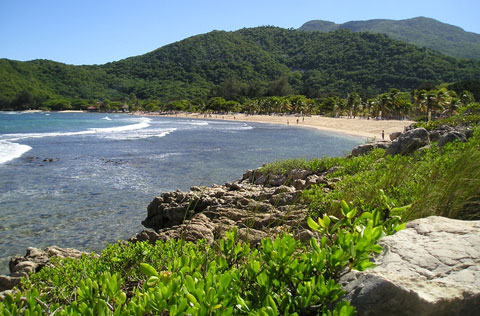

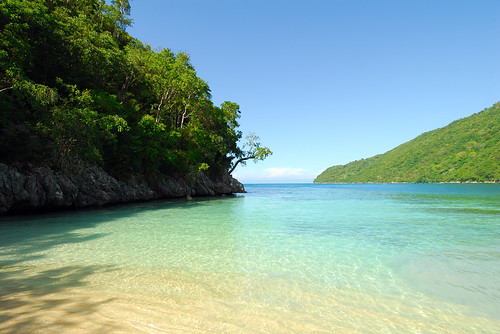





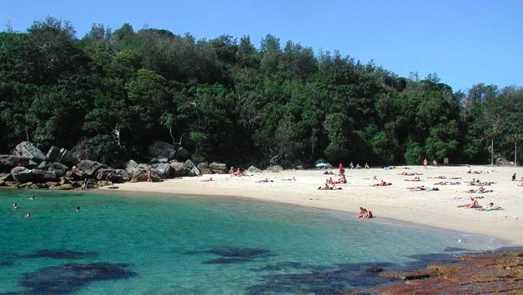

Under the brutal dictatorships of the voodoo physician, Francois 'Papa Doc' Duvalier, and his son, Jean-Claude, known as 'Baby Doc', political dissent was systematically eradicated and opponents jailed or murdered. When Jean-Bertrand Aristide was elected in 1990, the country's future looked brighter until he was overthrown by the armed forces a short time later.
Although economic sanctions and US-led military intervention forced a return to constitutional government in 1994, Haiti's fortune did not improve, with allegations of electoral irregularities, ongoing torture and brutality. In 2003, a wave of protests against Aristide quickly spread throughout the country plunging Haiti into chaos. By 2004, armed rebels had seized control of many towns and violence spread across the island. In February 2004, Aristide fled the country.
Former president René Préval won presidential elections in 2006. But Haiti remains plagued by violent confrontations between rival gangs and political groups. The UN has described the human rights situation as 'catastrophic'.

















 11:41 AM
11:41 AM
 crkota
crkota



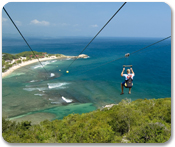





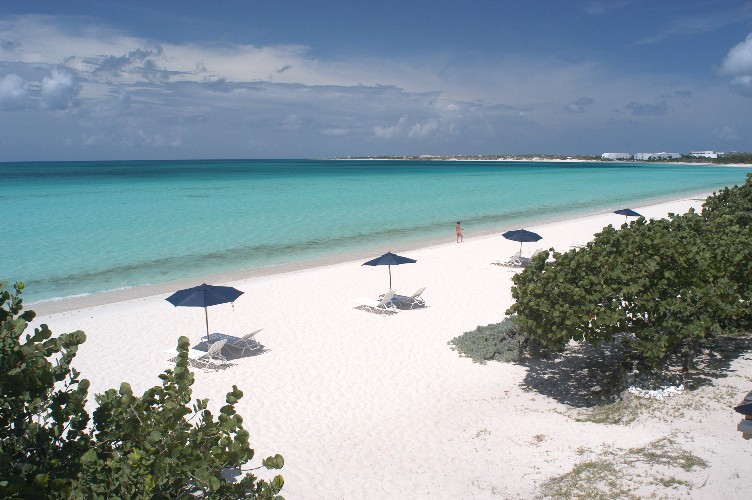


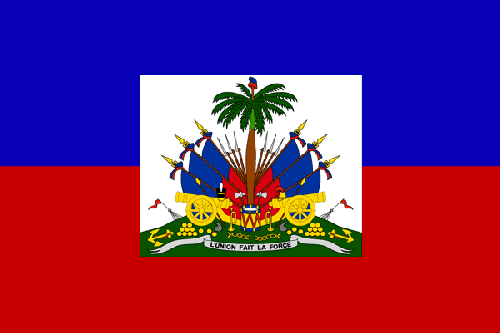

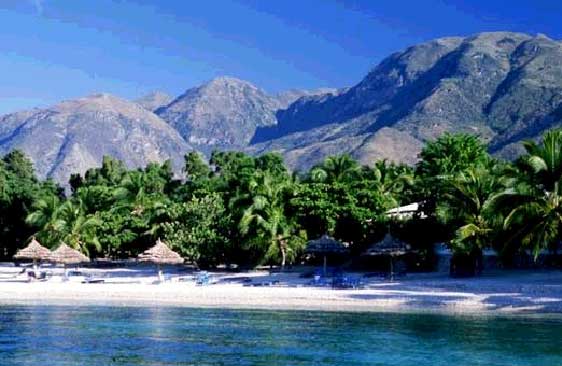
 Posted in:
Posted in: 

0 comments:
Post a Comment